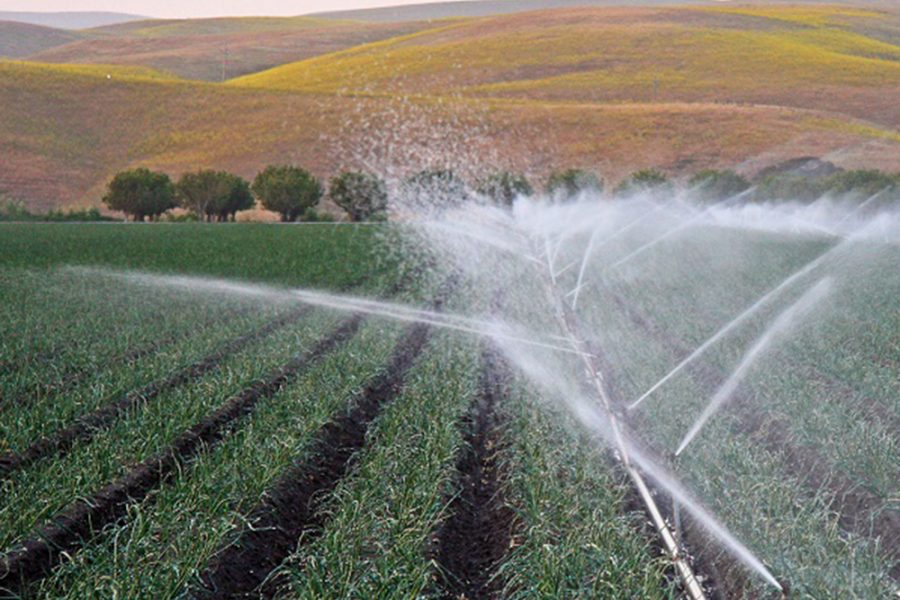Some good news for pork producers nationwide: implementation of Prop 12 has been delayed.
On Sept. 1, the Superior Court of Sacramento approved implementation of Prop 12 after a 180-day preparation period. The 180-day period would have given producers until Feb. 28, 2023, to implement all the housing rules of Prop 12.
Given the scope of changes necessary for pork producers around the country to follow Prop 12 rules, the court issued an implementation delay order until July 1, 2023, pending a ruling from the Supreme Court about whether the law is constitutional.
Prop 12 requires all pork producers whose products are sold in California to provide 24-square feet of space for hogs to live without touching the side of their pen or another animal. The requirement goes against conventional understanding of how to raise pigs properly and safely to a harvest weight.
Generally, hogs need 8-square feet of space to grow without harming themselves or other animals. When provided with more space or penned communally, destructive root behaviors can degrade the soil in pastures, aggressive hogs have the potential to injure a pen-mate, and disease can spread more rapidly within a passel or herd.
Animal welfare is not the only consideration when examining the rules of Prop 12. Food security is a concern as well.
Pork has been marketed for a generation as the “other white meat” to compete with chicken in the grocery space focused on lean, affordable, accessible protein. The implementation of Prop 12 has the potential to undermine the accessibility and affordability of pork by making the raising of hogs more expensive, thus diminishing the supply of hogs both domestically and through imports. The burden of increased cost will be shouldered primarily by Latino and Asian families, who rely heavily on pork as a dietary staple.
The Supreme Court of the U.S. heard oral arguments about Prop 12 in October. During the hearing for National Pork Producers Council v. Ross, the legal representation for the pork producers argued Prop 12 violated the “dormant commerce clause” by forcing all states to follow the laws of California in pork production. The clause notes that one state cannot impose its laws upon another and was intended to prevent states from making interstate commerce extraordinarily challenging.
The SCOTUS has an opportunity to draw a line in the sand before the implementation of Prop 12 in July next year. Let’s hope the justices see the wisdom in ruling for open interstate borders.
Pam Lewison is the Director of Agriculture Research at the Washington Policy Center and a Pacific Research Institute fellow. She co-owns and operates a family farm in Eastern Washington state.


